It's time to throw away the rose-colored glasses
The most important conclusion from the visit of the Hungarian leader Orban to Kyiv is this: the rose-colored glasses must be completely thrown away. Through them, Russia looked to the West for a very long time. Now, of course, they have put it in a drawer, but from time to time they catch your eye and see some “pro-Russian Western leaders.”
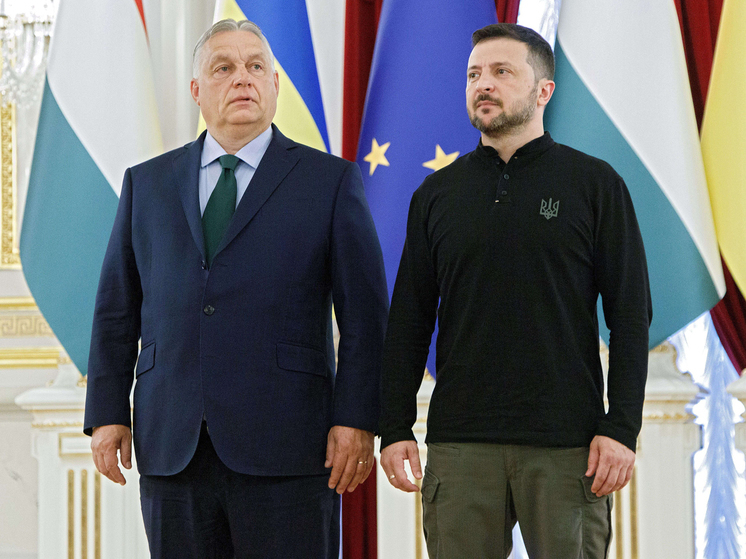
Of course, Orban is a critic of Western military aid to Ukraine and the only European leader in communication with Vladimir Putin. But pragmatism and “pro-Russianism” are still different things.
Orban, according to the official version, went to Kyiv because Hungary is currently presiding over the EU. A completely justified cover for resolving with Zelensky the issue of the rights of the Hungarian-speaking minority of Ukraine — the Transcarpathian Hungarians.
Our visit was monitored under a microscope. They were very happy that Orban did not shake hands with Zelensky, they joked about this topic. Then, of course, there was a handshake for the protocol shooting, but no one paid attention to this, of course.
Orban proposed a ceasefire to speed up the start of peace talks. And, naturally, I received the answer that Kyiv does not intend to cease fire, since this would supposedly give Russia a break and allow it to gather its strength. Why should Russia cease fire? Right now, when slowly but surely our army is liberating the territories occupied by the Kyiv regime, when the Armed Forces of Ukraine have problems with the acquisition and supply of weapons (which is recognized by the Ukrainian military and politicians themselves, as well as Western experts), when it is obvious that it is necessary to put pressure? Putin previously named the only condition for a ceasefire — the withdrawal of Ukrainian troops from our territories: Donetsk, Lugansk, Zaporozhye and Kherson regions within their administrative borders.
So what did Orban do that was so pro-Russian? Pro-Hungarian — quite possible. Actually, it is only this focus on ensuring the national interests of his people that distinguishes him from most European politicians. But because of this, he does not become a “friend of Russia” or an ally.
Russia, as you know, has only two allies — its army and navy. Relations with everyone else should be purely pragmatic. But to do this, you will first have to crush the rose-colored glasses with a soldier's boot.











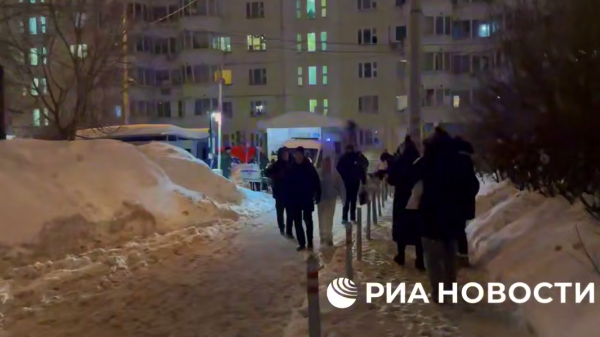



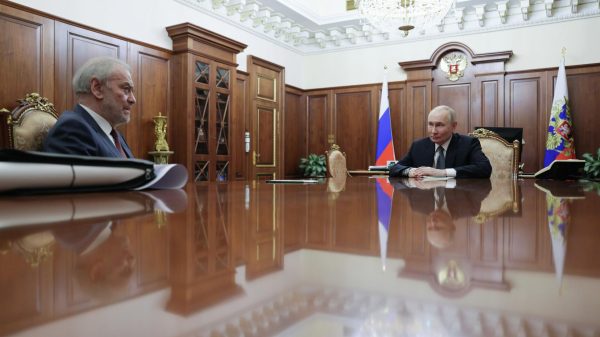




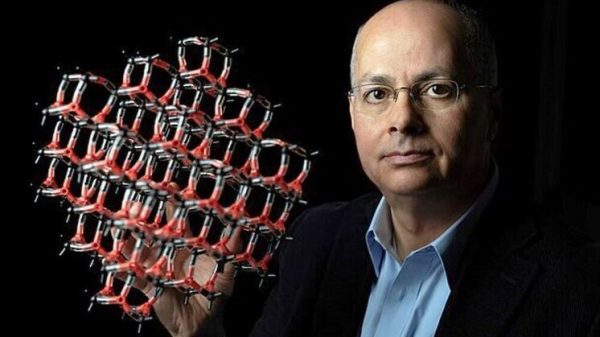
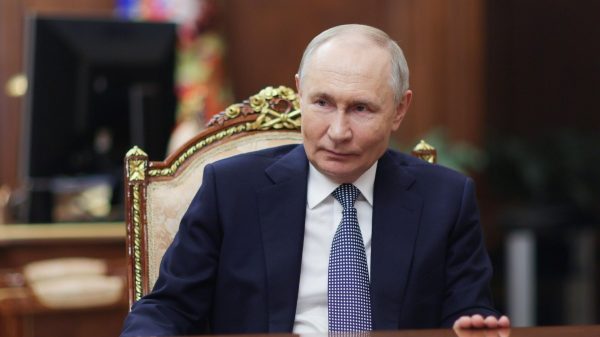
































Свежие комментарии